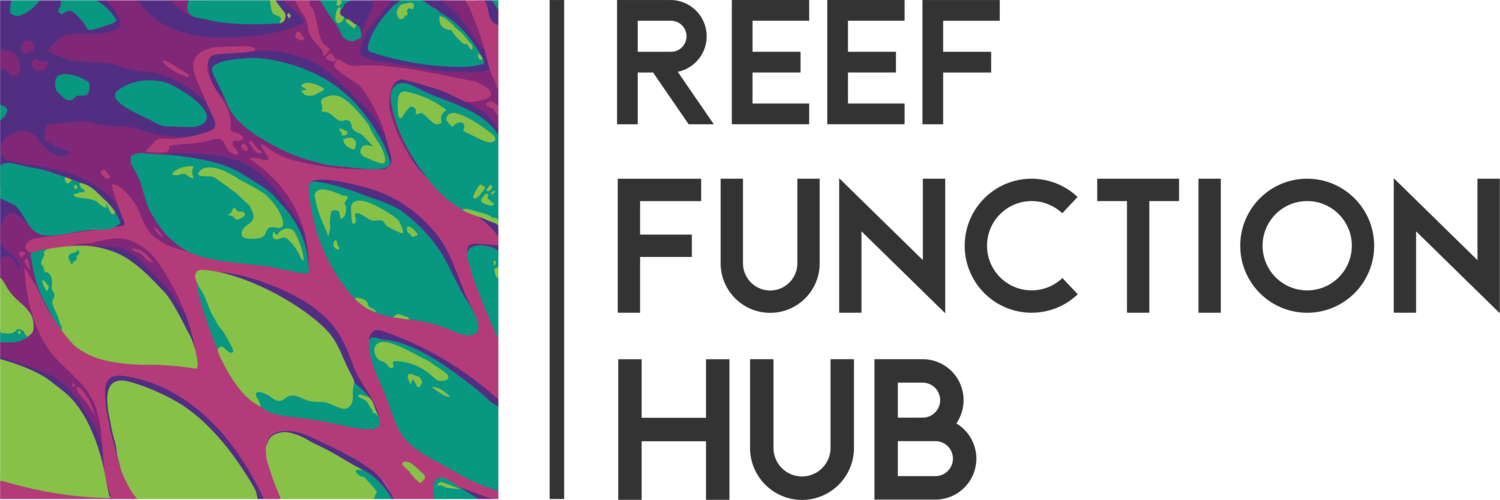Occurrence and accumulation of heavy metals in algal turf particulates and sediments on coral reefs
Authors: Sterling Tebbett, David Bellwood, Erin Johnson & Tory Chase
Abstract:
Algal turfs form a critical interface on coral reefs that interacts with several key ecosystem processes. While we know these turfs have a remarkable propensity to accumulate sediments, which can have a range of ecosystem impacts, their role as sinks for heavy metals remains largely unexamined. Here we quantified the concentration of 15 metals in algal turf sediments from Lizard Island and Orpheus Island on the Great Barrier Reef, and specifically explored how the loads of arsenic, cobalt, iron and lead were related to turf length. Metal composition differed markedly between the two islands, with the composition at Orpheus Island suggesting closer links to terrestrial sediment sources. Furthermore, metal loads increased significantly with turf length, suggesting that longer turfs can accumulate these pollutants on reefs. Given that algal turfs are a crucial component of herbivorous/detritivorous trophic pathways, this could represent a key juncture at which these metals enter food chains.

